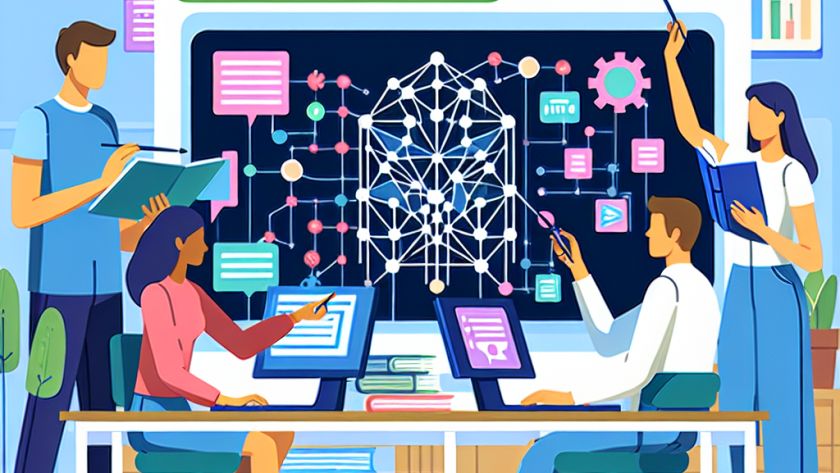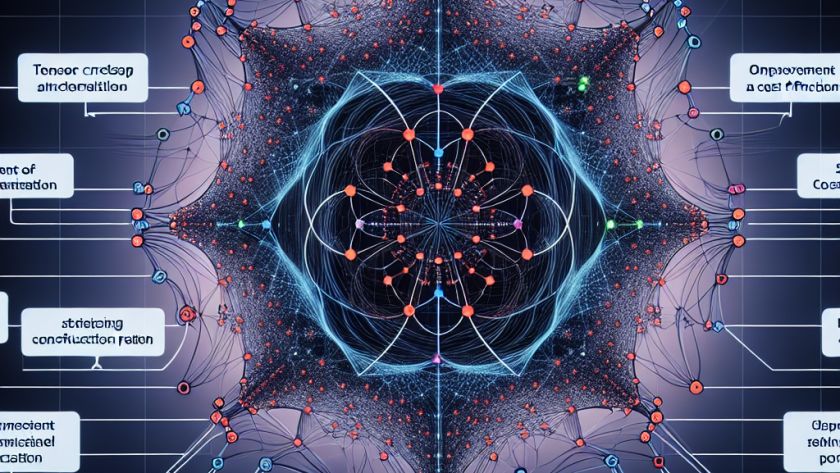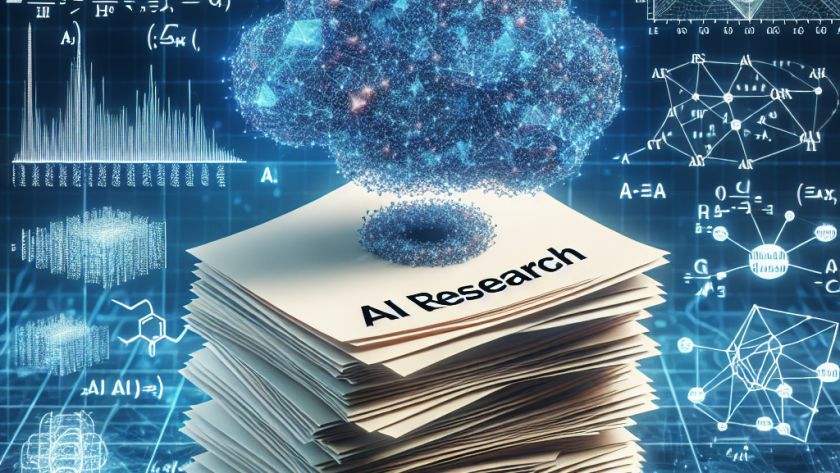Artificial Intelligence (AI) is rapidly advancing, particularly with the creation of large language models (LLMs) with over 70 billion parameters. While these models are crucial for tasks such as translation and content creation, their full potential can only be realized using Reinforcement Learning from Human Feedback (RLHF), a technique that currently faces significant challenges due…












